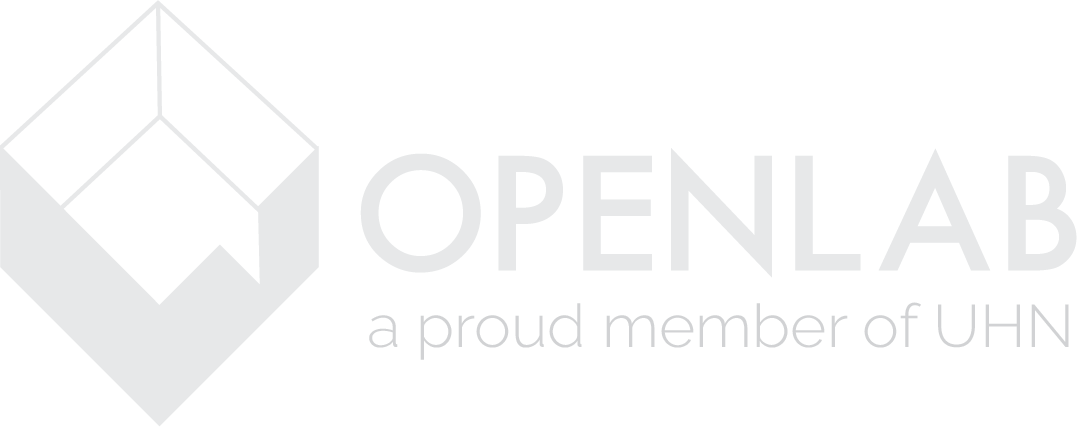Digital Neighbour Network
In some senior-dense residential buildings, known as Naturally Occurring Retirement Communities (NORCs), younger neighbours are willing to volunteer their time to help others, but find it difficult to connect. The ‘Digital Neighbour Network’ (DNN) addresses this gap by making it easy to match seniors with neighbours who are willing to help.
How it works
The ‘DNN’ is a technology platform that helps residents in NORC buildings connect with one another and form a network of support. The technology provides the introduction and backend support to connect seniors with volunteers willing to help with simple everyday tasks.
Designed with seniors for seniors, the DNN prioritizes features that are easy to use, and support safety, flexibility, self-determination, and choice at every step.
1.
Join the Network
Designed to prioritize the safety and security of all users, residents apply to join their building’s ‘DNN; through a secure verification and onboarding process that provides the opportunity to identify language needs, gender preferences, and disability and mobility considerations.
2.
Making a Request
The ‘DNN’ coordinates help with simple everyday tasks. It helps grow a hyperlocal network of support, while building a stronger sense of community and connection.
Seniors needing help are guided through a smooth request process that is both supportive and succinct.
All requests are filtered into four key areas of need:

Rides
Providing a ride goes beyond simply dropping someone off or picking them up, a ride is a request for both a ride and an escort.

Pickups
A pick-up is a request for groceries,other household essentials, and a kind helping hand.

Tech Support
Learning how to use a new app, connecting with friends and family over Zoom, or figuring out why the internet is not working all may prompt a Tech Support request.

Neighbourhood Watch
Safety and peace of mind are supported through the pairing of neighbours for daily or weekly check ins.
3.
Finding a Match
The DNN algorithm streamlines the process of matching and coordinating volunteers by removing the laborious task of manual coordination. Although the technology provides the initial introduction, neighbours are encouraged to move beyond the digital interface to build face-to-face social connections.
Secure matching and mutual consent allow neighbours to interact with confidence and comfort.
4.
Ongoing Support
Flexibility and safety for all neighbours is supported and encouraged through continual support and guidance.
Quick access to trip details, appointment times, directions, and emergency contact information allow volunteers and seniors to feel equally confident and relaxed. Other user experience features include geolocation and targeted recommendations and resources.
5.
Reflection & Reward
The ‘DNN’ platform model was co-designed in collaboration with 20 seniors to address key areas of concern including safety and security, flexibility in volunteering, burnout, and trust.
Neighbours are provided with ongoing opportunities for feedback to avoid issues of conflict or discomfort.
Volunteers are motivated to continue volunteering through flexible volunteering opportunities and encouraging rewards to avoid burnout.
The COVID-19 pandemic is creating a paradigm shift in how we view social services. Not only has this inspired citizens to volunteer their time to support their communities, but it has also shifted political appetite towards supporting these types of community-led initiatives.
follow us on twitter
OpenLab@uhn.ca
uhnOpenLab.ca
Vertical Aging Editorial
The Digital Neighbour Network
The Connected Care Hub
Social Spaces
